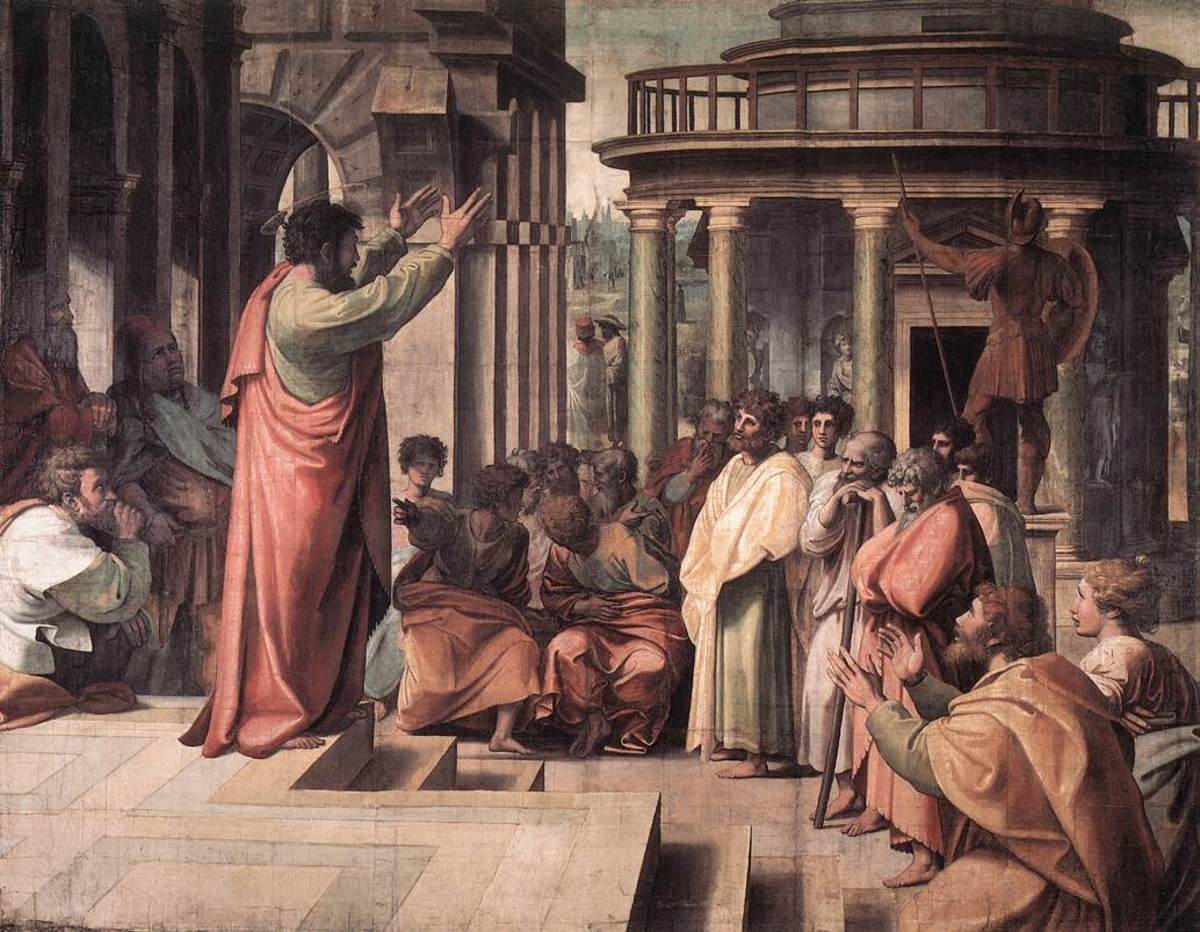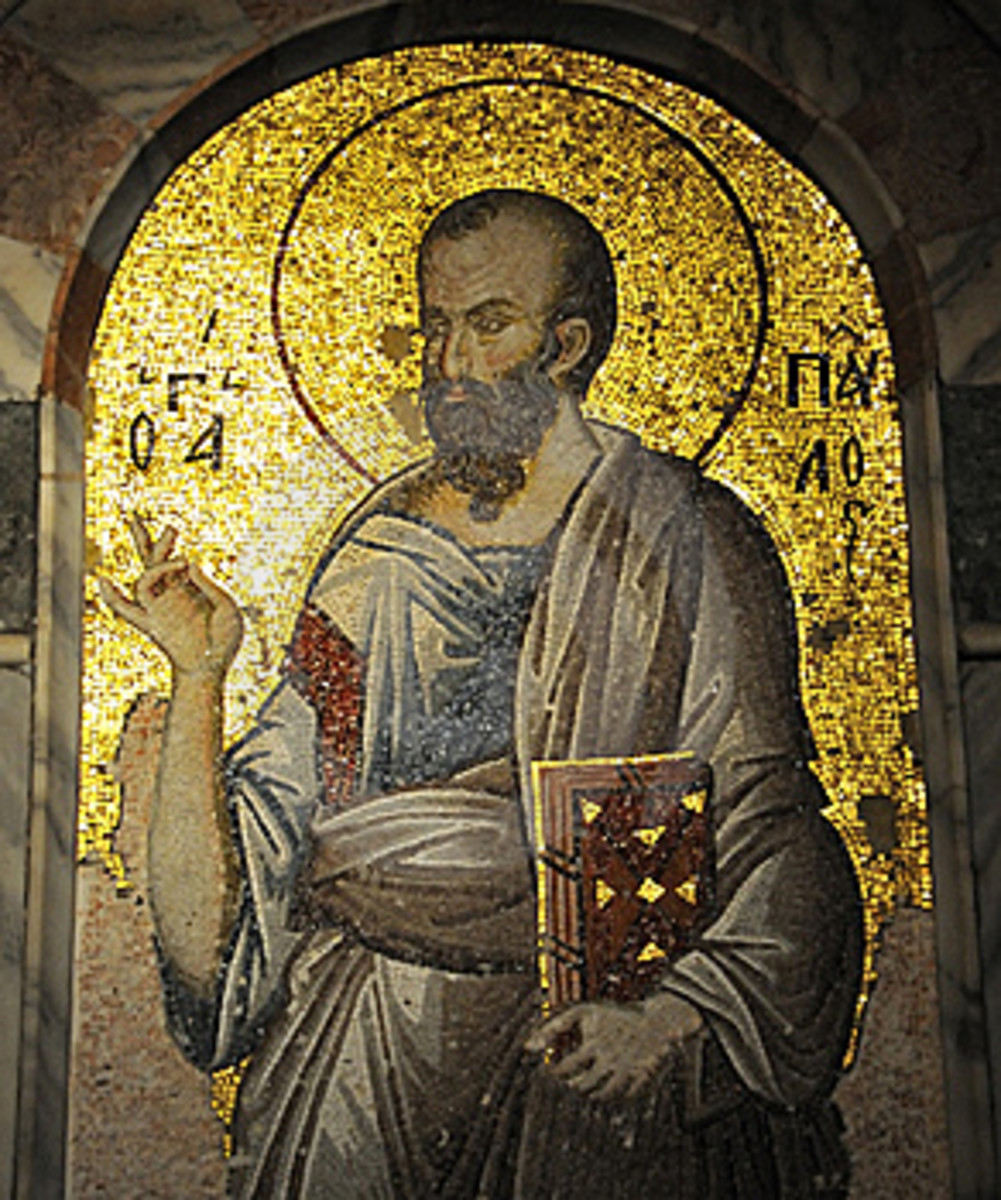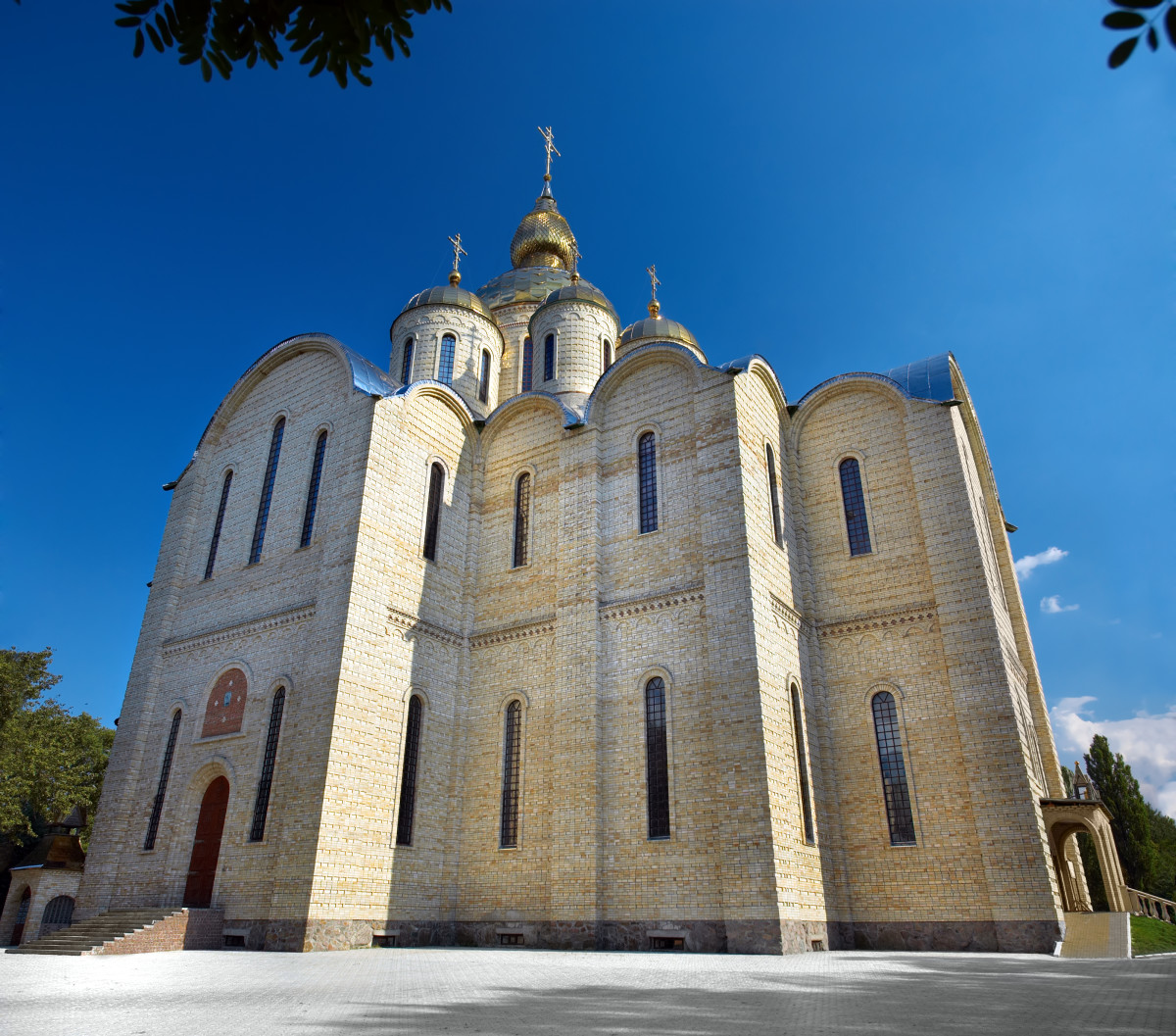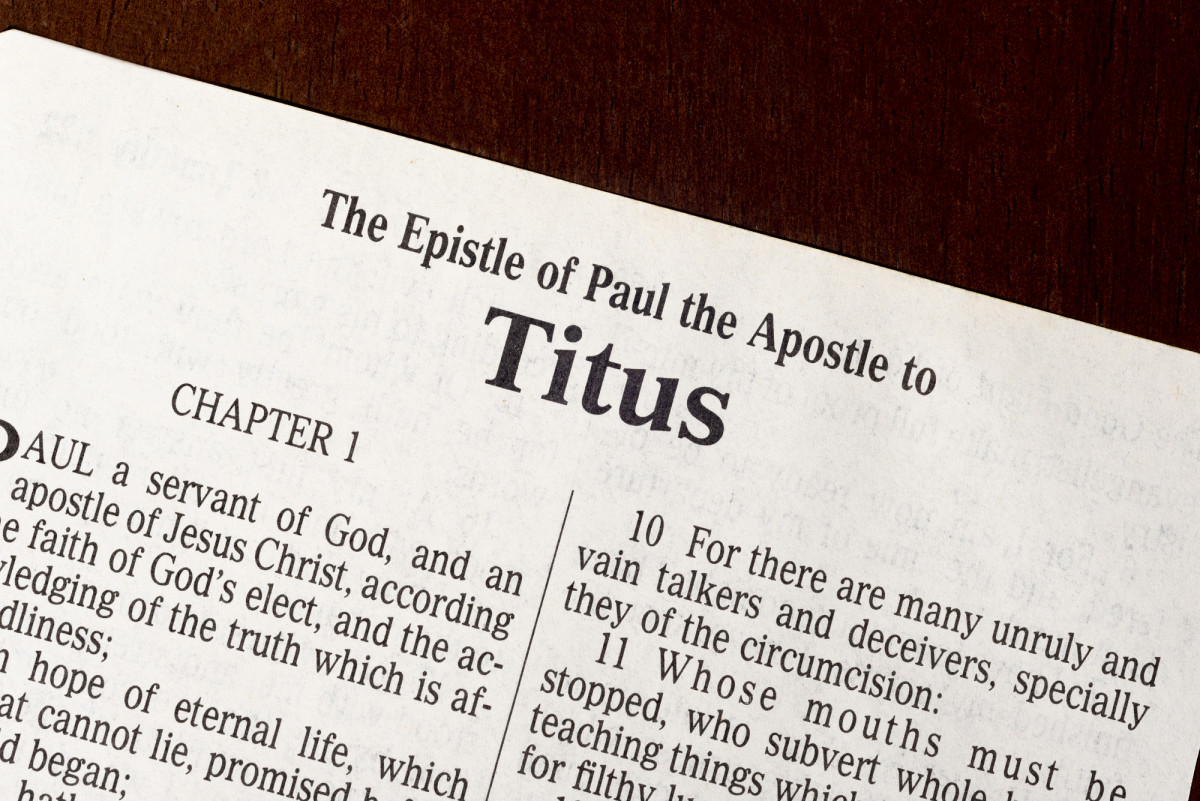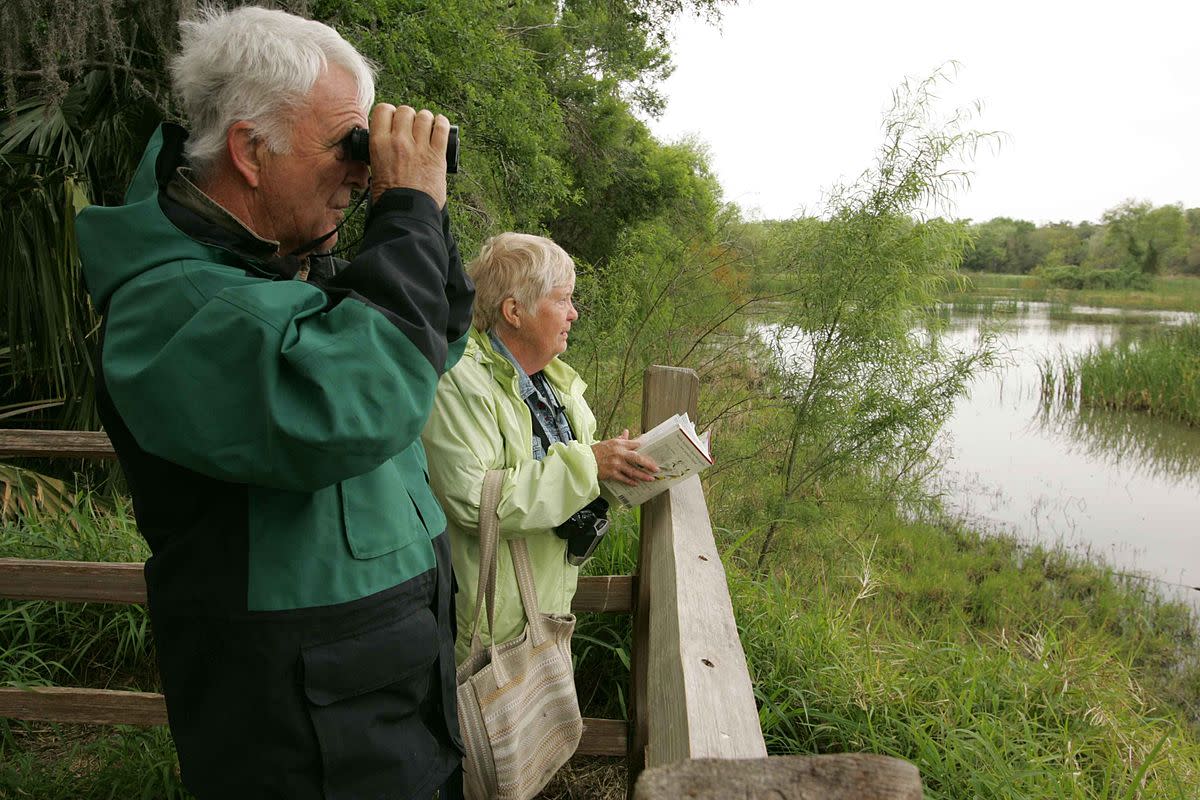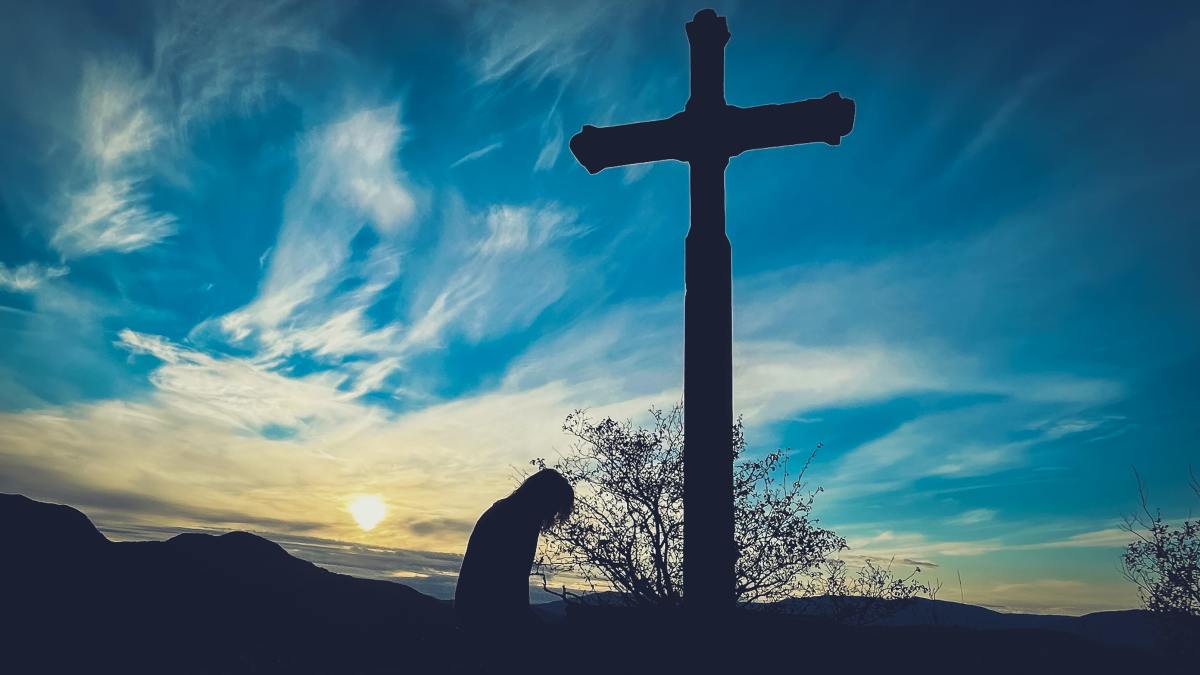People Who Make or Break a Ministry (Romans 16)
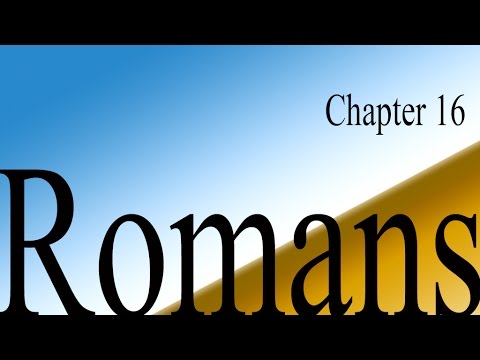
Introduction: People are Necessary for Ministry
A 1992 article in Reader's Digest relates this story:
In his autobiography, Breaking Barriers, syndicated columnist Carl Rowan tells about a teacher who greatly influenced his life. Rowan relates: Miss Thompson reached into her desk drawer and pulled out a piece of paper containing a quote attributed to Chicago architect Daniel Burnham. I listened intently as she read: "Make no little plans; they have no magic to stir men's blood and probably themselves will not be realized. Make big plans, aim high in hope and work. Remember that our sons and grandsons are going to do things that would stagger us."
More than 30 years later, I gave a speech in which I said that Frances Thompson had given me a desperately needed belief in myself. A newspaper printed the story, and someone mailed the clipping to my beloved teacher. She wrote to me: "You have no idea what that newspaper story meant to me. For years, I endured my brother's arguments that I had wasted my life. That I should have married and had a family. When I read that you gave me credit for helping to launch a marvelous career, I put the clipping in front of my brother. After he'd read it, I said, 'You see, I didn't really waste my life, did I?''
It was the poet John Donne who wrote:
"No man is an island, Entire of itself, Every man is a piece of the continent, A part of the main. If a clod be washed away by the sea, Europe is the less. As well as if a promontory were."
The truth is that we need each other because there are no self-made men or women. We all have those that have believed in us and helped us along the way and have made us who we are today. The same can be said of any ministry. We usually associate a particular work of God with one or just a few people who have made what we consider major contributions to making it happen. However, if we are being honest, there is no work of God that doesn't have many people behind the scenes that are, humanly speaking, indispensable to its conception, daily operation and its continuance. Of course, God doesn't have to use anyone in spreading the gospel to the world. He can do it all by Himself. But he does choose people. And there are no small players in the spreading of the good news of God's grace. They are all equally important.
No one knew that better than the Apostle Paul. We talk about his tireless efforts to spread the gospel where Christ had not yet been named. But in his writings, he often refers to those who had aided him and played special roles in his work for God. And in Romans 16, the very last chapter in this great epistle on the gospel of the grace of God, we have many whom he names.
I have entitled this message: "Those Who Make or Break a Ministry" because, in this last chapter of Romans, the great Apostle is commending many in Rome for the special work they have done. And he is sending greetings from those who are with him in Corinth, where he is writing this Epistle.
Sandwiched in between all of these greetings is a special section that warns the believers in Rome to watch out for those who cause dissensions to their ministry there and to remain faithful despite those who are attempting to destroy the unity (17-20).
Finally, Paul breaks out into a doxology to the one who is the ultimate reason for everyone to be doing the work of the ministry. That person is God Himself. He is worthy to be praised and adored (25-27).
With these things in mind, let us take a deeper look at this very important final chapter in this great book of the Apostle Paul, the book of Romans. We begin by looking at both the unity and the diversity of the people who make up this church in Rome.
I. The Diversity and Unity of the Roman Church
In this world that is separated into race, rank, and gender the church of Jesus Christ is to be the exact opposite. That being said, then the Church of Jesus Christ in Rome was certainly a model of this. We know from earlier in the book that this assembly was made up of both Jews and Gentiles. Among those in this list Paul names Aquila and Pricilla who were Jewish Christians (3-5). In verses 7 and 11 he also refers to some people as his kinsmen. The word here is the Greek 'syngeneis' which means either relatives, kinsfolk or those of his own race. But it is also obvious that there are a lot of Gentiles in the group.
Also, among those named are slaves or freed people. For example, the names Ampliatus (8), Urbanus (9), Hermes (14), Philologus and Julia (15) were commonly given to slaves.
On the other side of the equation are those of high standing in the world. Many commentators, for example, believed that Aristobulus was the grandson of Herod the Great and a friend of Emperor Claudius. Several also believe that Narcissus was a well-known freedman who had a great influence on Claudius. It wasn't simply the fact that these celebrities had become Christians. They were, most likely dead by this time. The interesting thing is that their households had clearly remained Christian and there were many in their families who were still believers.
Another person who was very distinguished amongst the Christians in Rome was Rufus whom many believe to be the same Rufus that the Gospel of Mark said was one of the sons of Simon of Cyrene who carried the cross of Jesus to Golgotha (Mark 15:21).
In looking further into the diversity of the Roman Christians we see that one of the most profound things going on in the church of Rome was how well women were treated. Nine out of the twenty-six persons that were greeted in this epistle were women. They were, Pricilla (3), Mary (6), probably Junia (7), Tryphena and Tryphosa, who were most likely twins, and Persis (12). The group also included Rufus' mother (13) as well as Julia and Nereus' sister (15). Paul seems to think highly of them all. However, the Apostle singles out four among them (Mary, Tryphena and Tryphosa, and Persis) whom he said 'worked hard.' The verb used here implies strong exertion. It is laboring to the point of exhaustion. This is not said of anyone else on the list.
It is also interesting that Priscilla is talked about ahead of her husband, which is almost never done in the ancient world. Whether it be because she was converted before him, or was more active in Christian service than he, or perhaps had more social standing in the community than her husband, we don't really know. It could also be that she had a more dominant personality. However, the fact stands that she got special recognition here.
Also, Andronicus and Junias may have been a married couple. They both are said by Paul to be "outstanding among the apostles, who also were in Christ before me." The idea of being outstanding among the apostles could be taken in two ways. Either the 12 Apostles knew and were impressed by them or they were actually apostles themselves. If the latter is true, they were probably not apostles in the sense of the twelve, who were specially handpicked by Christ. The term means "one who is sent out." In this sense, they could have been Christian missionaries. Either way, this designation is given to both a man and a woman here.
But no matter how diverse the church of Jesus Christ was in Rome, it was also a unified group of people. They followed what Paul said in Galatians 3:28 when he states:
"There is neither Jew nor Gentile, neither slave nor free, nor is there male and female, for you are all one in Christ Jesus."
All of the Roman Christians met together in houses or household church's and were not separated in any way by race, rank or sex. Paul says that all of them were 'in Christ' five times. Twice he uses the family language of brother and sister. Further, he never shies away from calling them 'beloved or 'my beloved.' Paul also uses the terms fellow-workers and fellow-sufferers, showing the idea of unity.
In verse 16 we see Paul asking the believers to "greet one another with a holy kiss." This was the kiss of peace that men gave men and women gave women in that culture, during that time. Kissing friends on the forehead, beard or cheek was common in this culture. And in some cultures today, kissing is still common. Today, in our country, we might use a handshake for a greeting and in some churches you see people hug. It is an expression of holy love and unity amongst the people of God.
We could probably name other demonstrations of unity, but the point is that this church did not judge people according to differences but accepted everyone as brothers and sisters in the Lord. This is as the church should be, whether in the first century or the 21st and beyond, if the Lord tarries.
II. Those to be Commended and Greeted (1-16)
Next we come to those to be commended or greeted. When we think of Paul, we think of him as a hard-driving person who had to get the gospel proclaimed to the world. And he was. However, he was also a people-person who loved those to whom he ministered. And he remembered that they were essential to his calling to preach the gospel to the world. And so he remembered names and the deeds that they did. Also, he wasn't afraid to tell them and tell others, when he got the chance, why he thought that his friends were special.
We may think of this section of Scripture as just a list of names. Just as someone who looks at the Vietnam Memorial Wall might just see thousands of names and not be moved. However, if the person looking at the wall is a family member or friend then they aren't just names. They are people who sacrificed all for them and for this country. There are, among those names, dearly beloved people whom they will never see again this side of eternity. The persons gazing are both sad and proud at the same time. And you will see them looking all over that wall until they see that loved one that means so much to them.
To Paul, the names he gave were not just a list of people either. They were his dearly beloved brothers and sisters who were making his ministry possible. He had a history with these people and had reason to be thankful for them and for what they had done. And not only him, but all the churches of Christ were grateful as well. We don't know who any of them are, or the full contribution that they have made. However, we know that God remembers them and Paul, now dead, is once again enjoying their company in heaven where they will all spend eternity together. And we may get to know them someday as well when the Lord takes us home to be with Him.
They are people like Phoebe, a servant of the church in Cenchrea, which is near Corinth. She is on business in Rome and is likely the one who brought the letter to the Roman church. Paul gives her a commendation and asks the church to:
"Recieve her in the Lord in a manner worthy of the saints, and that you help her in whatever matter she may have need of you; for she herself has also been a helper of many and to me as well." (16:2).
The word "servant" here is the word "diaokonos" which in some places is translated as deacon. Whether or not it was in an official capacity, we don't know. In saying that she was a "helper of many and to me as well" Paul uses a word that can mean "patroness" which implies that she was a woman of means who used that money for the good of the church.
And there are also names in this list like Prisca (Pricilla) and Aquila, a husband and wife team that the Apostle says risked their own necks for him. They apparently were willing to give up their lives in order to help Paul at one point in his ministry (3-4).
We could go on and go through the whole group but all of these people were those Paul loved and he thought them to be important enough to mention by name. The bottom line is that people make ministry possible. There are no successful people or churches that get there on their own. And we can also see that no one is useless in the Body of Christ. None of us can say that they have nothing to offer the Lord or the church to which we are going. Everyone at the church has been placed there for a reason. God has a purpose for us all.
III. Those to be Warned Against (17-20)
Sadly, though there are a lot of builders in the Church, there are also many who seek to destroy it as well. They were in the world during Paul's day and they certainly are now. They are those whose harmful teachings and practices undermine the truth of Christianity and are the greatest threat to its existence. These people are not slaves of Christ but of their own appetites. And if they aren't in our church at the moment, they probably will be at some time in the future. Especially if we are having an effective ministry for the Lord.
Paul says that they will attempt to deceive the hearts of the unsuspecting with their smooth and flattering speech. They look good, sound good, smell good but they are being used by Satan to destroy the unity of the Body of Christ.
He goes on to say that the reports of the obedience of the Romans are so good that he rejoices over them. However, he wants them also to be wise in what is good and innocent in what is evil. Evil may seem appealing temporarily, It will be pleasurable and make you feel good for a season. However, it will destroy you in the end. So the best thing to do is to stay completely away from it.
The Apostle next seems to be hearkening back to the promise given in the garden regarding the serpent in Genesis 3:15 when he tells the Romans that they won't have to fight the evil forever. He tells them:
"The God of peace will soon crush Satan under your feet. The grace of our Lord Jesus be with you." (20).
No matter how bad evil gets, Satan is defeated and He is doomed to destruction. There will come a time when we will be rid of Satan and sin and its effects forever. Until then we need to remain strong and not allow evil men and women to lead us astray from the truth and from all that is good. And we must do all that we can to maintain the unity of the Body of Christ.
IV. Those Who Give Greetings (21-24)
Next, before Paul ends his letter, he allows some of the people with him in Corinth to give their greetings to the Romans. These are persons who are working with the Apostle where he is at the moment in Corinth and who are also essential to his ministry.
It is interesting that these people in Corinth are almost as diverse as those in Rome. And if more had been allowed to give greetings, we'd probably see that they were just as diverse.
Timothy, we know well from the book of Acts, as well as the two pastoral Epistles of I and II Timothy that were written to him by Paul. He was half Jew and half Greek, his father being Greek, and was Paul's son in the faith. He had been Paul's constant traveling companion for eight years and had undertaken several special missions at the Apostle's request.
Lucius and Sosipater are referred to as Paul's kinsmen or relatives. The name Lucius could be another form of the name Luke, who wrote the Gospel of Luke and the book of Acts. However, it is more likely that Lucius was the man who was a native of Cyrene and one of the prophets and teachers in Antioch who participated in the commissioning of Paul and Barnabas (Acts 13:1-3).
Sosipater was a longer version of the name Sopater found in Acts 20:4-6. He was a Berean who joined other believers in meeting Paul at Troas after the Apostle had left Ephesus.
Jason was one of the first converts in Thessalonica, who evidently let Paul stay in his home for a short time before Paul and Silas were sent to Berea (Acts 17:5-10).
Tertius, who is Paul's secretary, and wrote the letter to Rome as Paul dictated it, was probably a slave. His name means 'third.' And Quartus' name means 'fourth'. Because their masters didn't consider them important enough to give them proper names, they simply numbered them. Yet, they were thought to be good enough to be allowed to give their greetings by the Apostle Paul.
Gaius was probably well to do since he had a home and was the host to Paul and the whole church in Rome. And Erastus was a public official because he is referred to as the city treasurer.
Though quite diverse, still all these men worked together to help Paul spread the good news of Jesus Christ to the world. They worked in unity.
IV. Praise to the One Who Ultimately Makes Ministry Possible (25-27)
At the end of all of this, Paul is so excited about what has been written in the book of Romans that he breaks out in a doxology of praise to the One Being who makes all ministry possible in the first place That Being is God Himself. Paul has spent the whole book telling about the grace of God that comes by faith alone in Jesus Christ alone. Now he wants to give the Lord praise for all that he's done. He states:
"Now to Him who is able to establish you according to my gospel and the preaching of Jesus Christ, according to the revelation of the mystery which has been kept secret for long ages past, but now is manifested, and by the Scriptures of the prophets, according to the commandment of the eternal God, has been made known to all the nations, leading to the obedience of faith; to the only wise God, through Jesus Christ, be the glory forever. Amen."
And thus the great Apostle to the Gentiles brings this epistle to a close, bringing together all that he has been attempting to tell us in it.
John R.W. Stott summarizes the doxology this way by saying:
"It is fair to say that the major themes of Paul's letter are encapsulated in the doxology. The power of God to save and to establish; the gospel and the mystery, once hidden and now revealed, which are Christ crucified and risen; the Christ-centered witness of Old Testament Scripture; the commission of God to make the good news universally known; the summons to all the nations to respond with the obedience of faith, and the saving wisdom of God to whom all glory is due forever."
Conclusion
It was Malcom Forbes, entrepreneur and publisher of Forbes magazine, that said:
"People who matter are most aware that everyone else does too."
God is the only person in this universe or any other, that doesn't have to depend on another being for anything. And He chooses to use us frail human beings to bring about His plan to unite all things in Jesus Christ. To God, we all matter.
And just as Paul recognized those who, humanly speaking, helped make his ministry possible, so we too must recognize all those whom God loves and realize that He has a plan for each one of us. The faster that we understand this truth, the faster we will start to make a difference in this world that cares little for anything or anyone that doesn't aide them in reaching their own selfish desires.
Together, we have been placed on this earth, like Paul, to spread the gospel of the grace of God to a lost world that is going to Hell unless they hear and receive the good news of salvation. Alone, we can do nothing of significance. But as the Body of Christ, we all can change this world. There is no greater responsibility than what God has given us to preach the gospel. But, there is no greater privilege either. May we be grateful for one another's contributions to this great plan of salvation, and let us begin to work together for the glory of God! Amen!!
© 2019 Jeff Shirley


